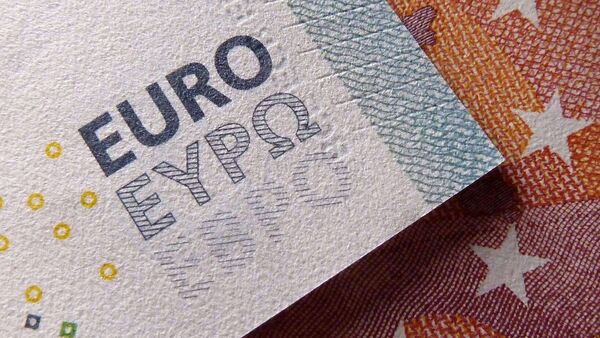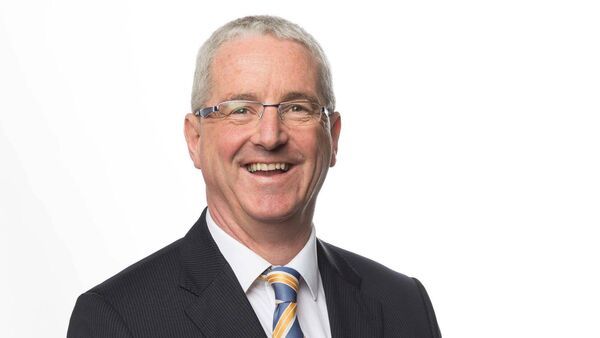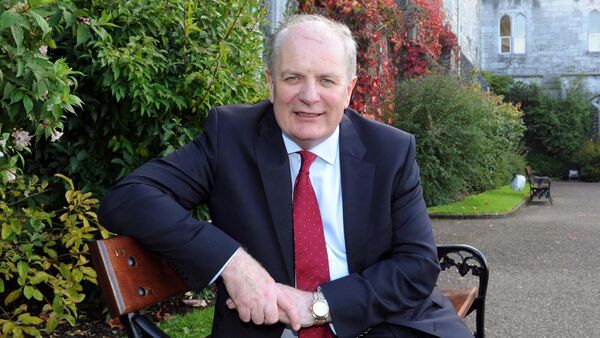The eurozone economic recovery regained momentum this month as an easing of Covid-19 restrictions gave a boost to the dominant service industry, a major monthly survey showed, but consumers faced prices rising at a record rate.
Large swathes of the population are now vaccinated in many European countries and many of the Covid measures have been eased.
IHS Markit’s Flash Composite Purchasing Managers’ Index, seen as a guide to overall economic health, jumped to a five-month high in February.
The economic rebound came despite overall prices charged by firms rising at the fastest rate since IHS Markit began collecting the data in late 2002.
“The surge in the eurozone flash Composite PMI for February suggests activity is recovering well from the pandemic-related weakness over the winter,” said Andrew Kenningham at Capital Economics.
The economy in the single currency zone regained its pre-pandemic level in the fourth quarter, and is now “likely to expand at a reasonable pace in the first quarter of this year and should accelerate in the next two quarters as tourism, travel and hospitality get back to normal”, Mr Kenningham said.
Improving demand for services pushed business activity across Germany’s private sector to a six-month high, while in France growth was stronger than expected.
In Britain, outside the common currency and the EU, the private sector picked up at the fastest pace since June 2021, as spending on travel, leisure and entertainment rose after an easing of coronavirus cases.
Factories had another solid month and the flash eurozone manufacturing PMI only dipped from January’s reading.
Activity could have been faster but lingering supply chain bottlenecks and booming demand meant factories were unable to keep up.
With the economy reopening, and amid hopes the worst of the pandemic is over, optimism improved across the board. The services business expectations index climbed.
“The forward-looking indicators were also encouraging as year-ahead sentiment rose in February to its strongest since June 2021,” said Ricardo Amaro at Oxford Economics.
However, GDP growth will likely remain modest in the current quarter, but “solid growth” will start before the summer.
Inflation in the eurozone hit a record high in January and the ECB is under growing pressure to tighten monetary policy.
•Reuters










